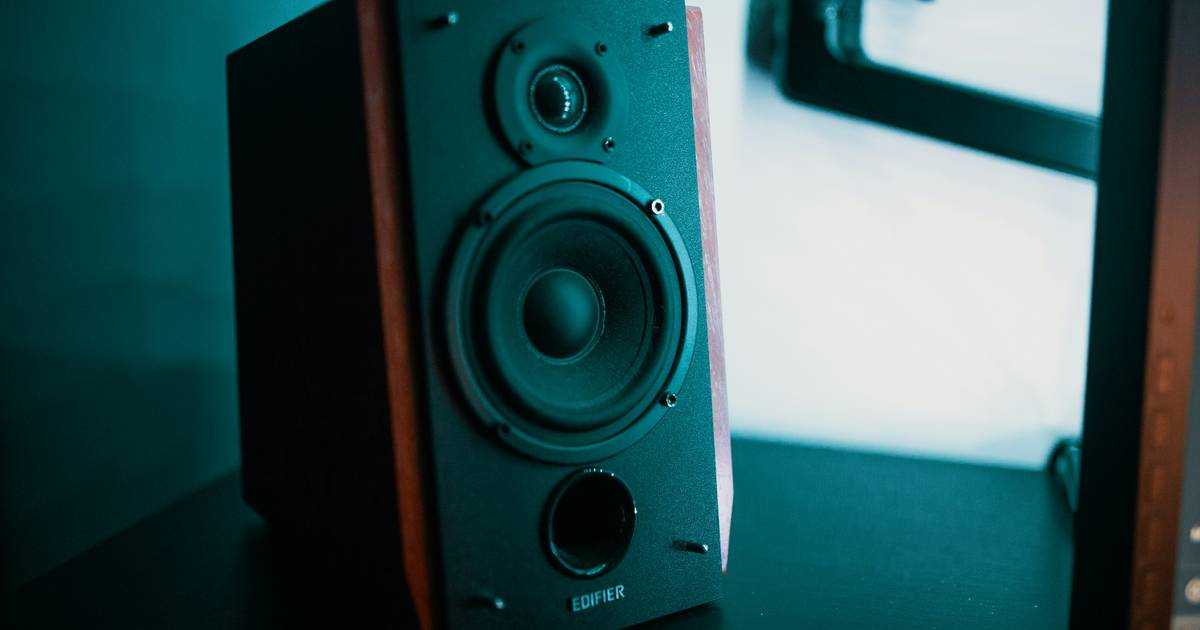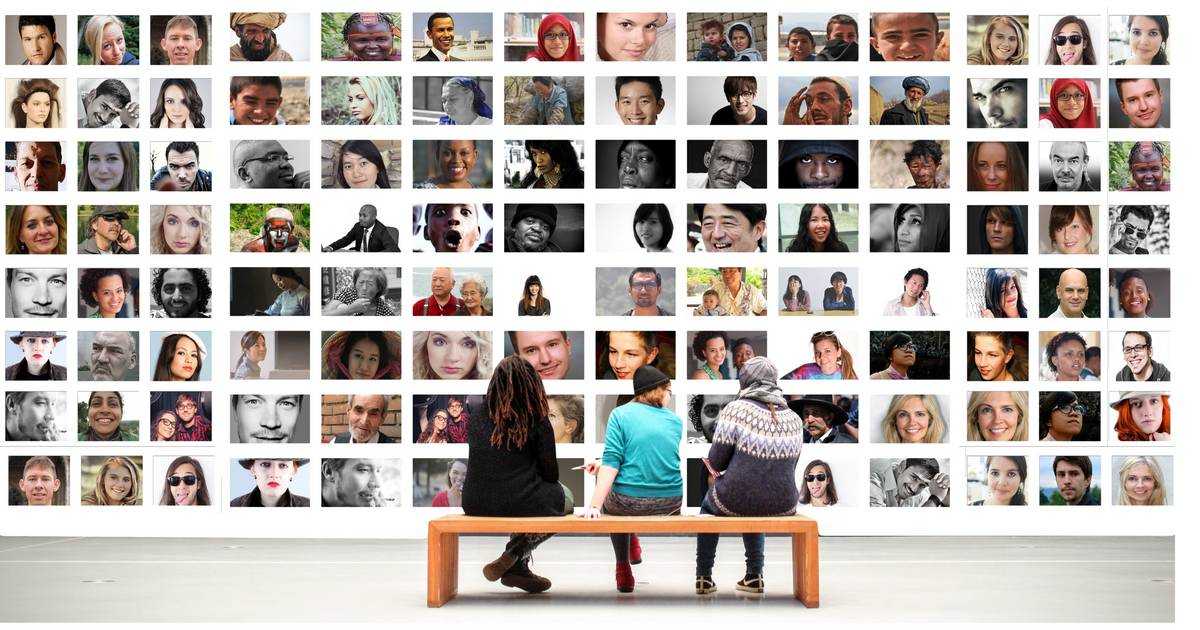Speaker Recognition enables convenient and secure user experiences by leveraging individuals’ unique voice characteristics. This innovative technology has several applications across industries, from call centers and healthcare to forensics and marketing. This article provides some examples of the most known Speaker Recognition applications.
Speaker Recognition in Customer Service
Speaker Recognition brings convenience to call center operations. Voice Biometrics can authenticate callers’ identities without using a password or be a part of MFA to add a layer of security without a hassle. It can also help enterprises offer customized experiences by identifying customers based on their voices. Barclays, Citibank, and AT&T are some enterprises using Voice Biometrics to improve their call center operations.
Speaker Recognition in Workplace Management
Speaker Recognition verifies employees to grant access or identify them in meetings even when not logged in.
Speaker Recognition in Marketing
Speaker Recognition helps personalize the user experience, recommendations, and advertising. Targeted ads can run based on individuals’ voice features or clusters that they belong to.
Speaker Recognition in Voice Assistants
Speaker Recognition in voice assistants can provide personalized settings, such as finding the favorite playlist of each household member or granting limited access and parental control. Famous smart speakers such as Amazon Echo, Apple Homepod, and Google Assistant, leverage Speaker Recognition.
Speaker Recognition in Healthcare
Speaker Recognition is used for telehealth services authentication. For example, Monument Health verifies healthcare providers using Voice Biometrics when they access electronic health records (EHR). It can also be used to monitor and diagnose diseases.
Speaker Recognition in Speech Analytics
Speaker Recognition in speech analytics can provide demographic insights such as gender, age, or language.
Speaker Recognition in Law Enforcement & Forensics
Speaker Recognition helps law enforcement agencies identify criminals and enables efficient investigations for legal discovery applications. NSA Voice in Real Time (Voice RT) is an example of using Speaker Identification to identify criminals.
Speaker Recognition in Payments
Speaker Recognition streamlines the purchase experience. Amazon and Deutsche Telecom allow users to authorize payments with their Voice Biometrics.
Interested in adding Speaker Recognition to your application? Start Free with Eagle Speaker Recognition.







